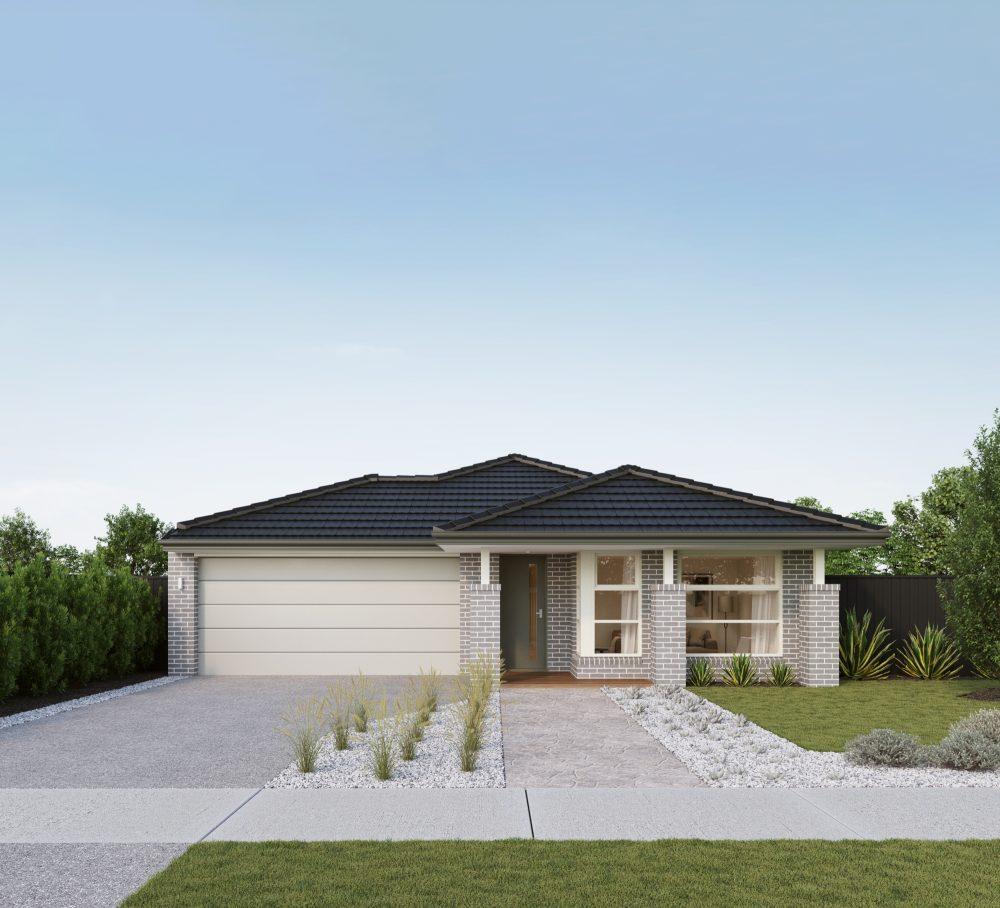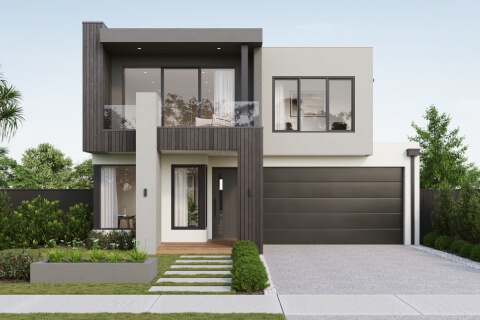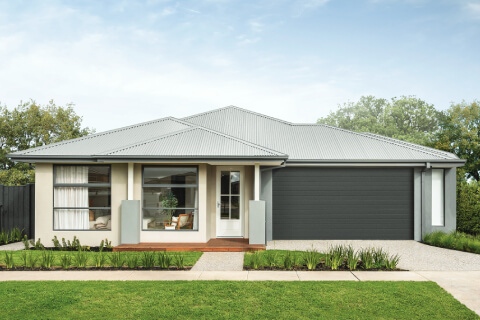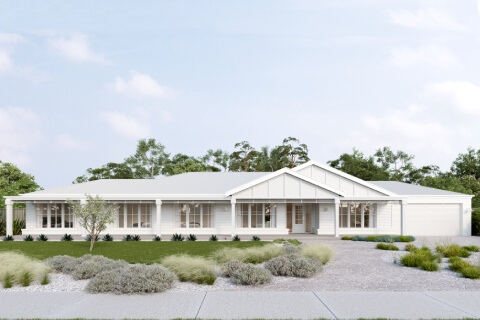How to Budget for a New Home Build in Victoria: A Comprehensive Guide
Building your dream home is an exciting milestone, but without careful planning, costs can quickly add up. A well-thought-out budget helps you stay on track and avoid unexpected financial stress.
In this guide, we break down Victorian home building costs, from land and construction to hidden expenses, and offer budgeting tips to help you save.
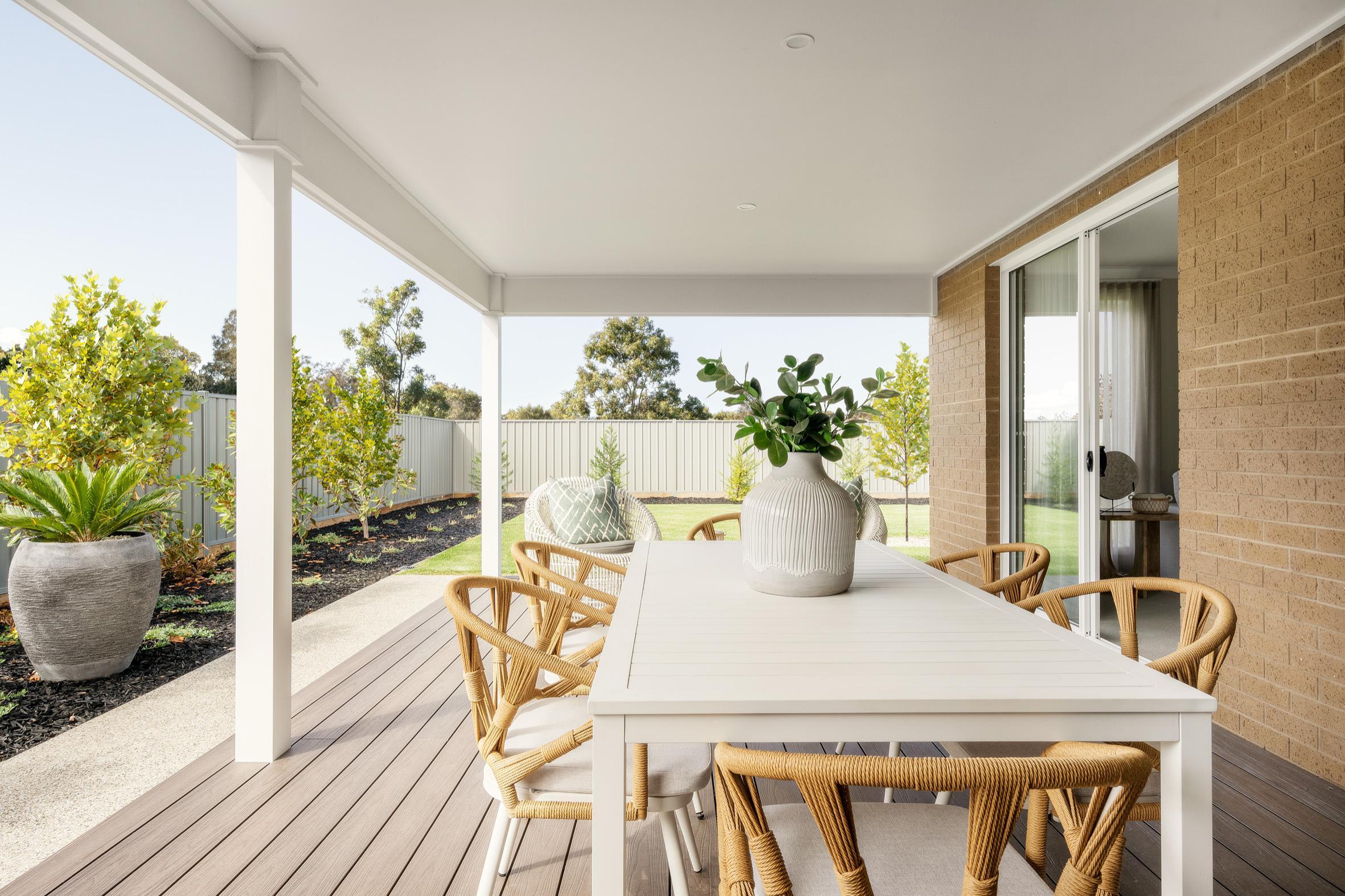
Key cost considerations when budgeting for your home build
1. Land purchase
The cost of land varies significantly depending on location, size, and demand. When budgeting for land, consider:
Market value of the area
Proximity to amenities
Land preparation costs (e.g., levelling, or soil testing)
2. Stamp duty on land purchase
Stamp duty, a government tax on land purchases, varies depending on the property value. First-home buyers in Victoria may be eligible for concessions or exemptions.
Consult the State Revenue Office Victoria for more details.
3. Construction costs
Construction costs form the bulk of home build costs and typically include:
Base price
This covers the fundamental structure of your home, including standard finishes and inclusions as specified in your building contract. Review all contract details thoroughly so you are clear on what is included - and what is not included - to ensure accurate budgeting and prepare for any potential unexpected expenses.
Site Costs
Site costs vary depending on land conditions and may include:
Excavation and leveling
Retaining walls
Drainage and soil preparation
A detailed site survey and soil test are crucial for accurate costing.
Decor upgrades
Personalising your home with upgrades to flooring, cabinetry, lighting, and other finishes can impact the final price. Carefully consider your budget and prioritise your desired upgrades.
4. Landscaping costs
Once construction is complete, budgeting for outdoor spaces ensures your home is move-in ready. Landscaping creates an outdoor environment that seamlessly extends your home's living space and complements its style. While some items can be added over time, there are many that will be necessary from day one. Common items include:
Driveway and pathways
Turf, garden beds, and planting
Letterbox, fencing, and clothesline
5. Moving costs
Relocating involves more than just packing boxes. Factor in expenses like:
Professional removalists (which can vary significantly based on distance and volume)
Setting up utilities (electricity, gas, internet) at your new address
Disconnecting services at your old residence.
Don't forget smaller costs that can add up, such as packing supplies, cleaning, and perhaps even temporary storage.
6. Rental costs during construction
If your existing home needs to be sold and vacated prior to construction, factor in rental costs for temporary housing. Consider the duration of the build and add a buffer to cover any delays which extend these expenses. Storage fees for furniture and belongings should also be included in your budget, and these costs can vary considerably depending on the size and duration of storage required.
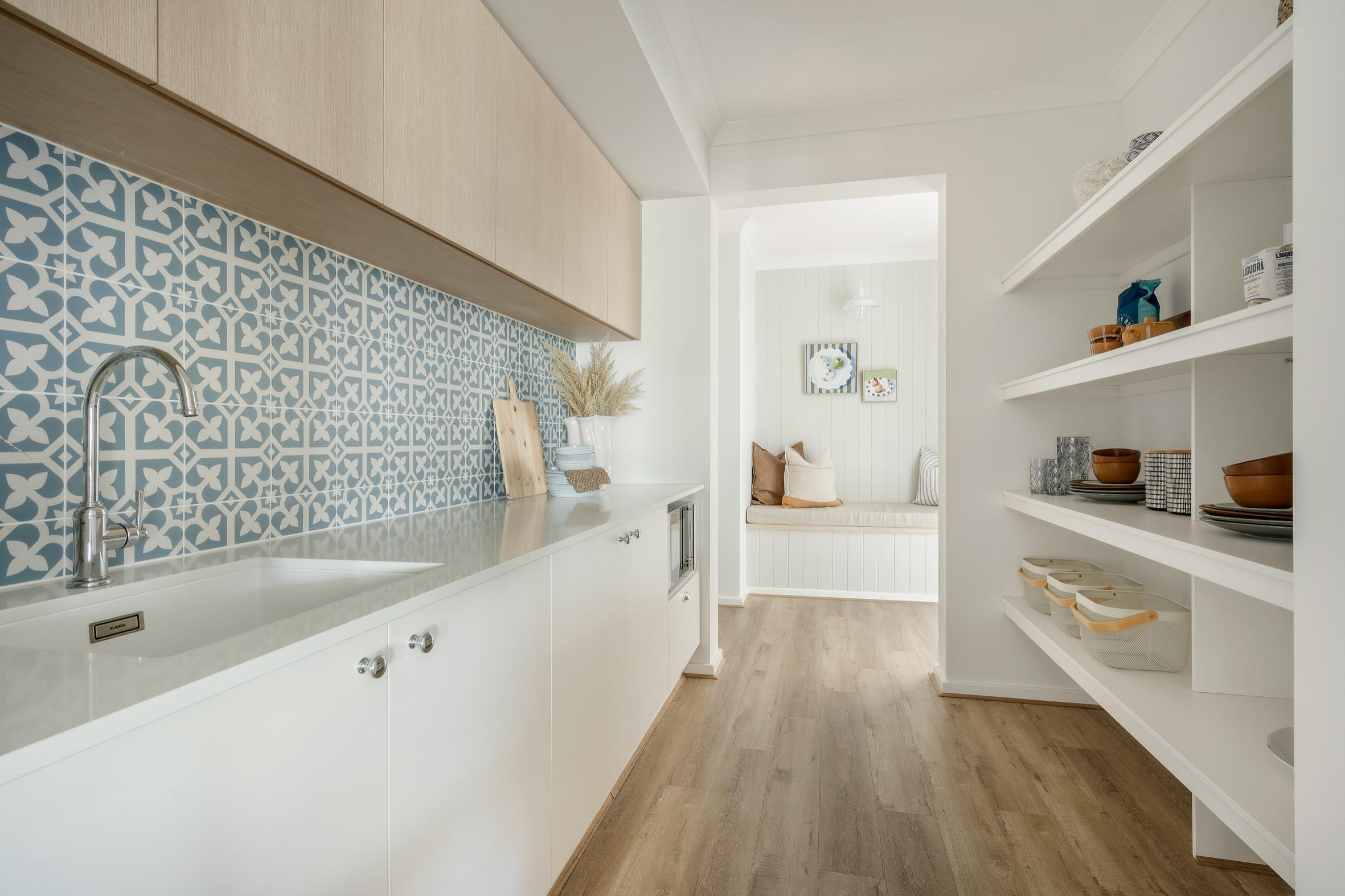
Money-saving tips for your home build
Building a home can be a complex process, but careful planning and budgeting can help you manage costs effectively. Partnering with a trustworthy home builder, like Sherridon Homes, can be invaluable, as they can guide you through the process and help you make informed decisions.
To keep your budget under control, we can guide you to consider these budgeting tips:
Energy efficiency: Select an energy-efficient design from the start. This will not only reduce your long-term utility costs but also potentially qualify you for energy-related rebates or incentives.
Prioritise upgrades: While it's tempting to include every possible upgrade, if you are budget-constrained, focus on essential customisations that will truly enhance your lifestyle and avoid unnecessary expenses.
Contingency fund: Always include a contingency fund in your budget for unexpected expenses. Construction projects can sometimes encounter unforeseen issues, and having a financial buffer can prevent budget blowouts.
Communication is key: Maintain open and honest communication with your builder throughout the process. Discuss your budget upfront and any potential cost implications of design changes or material selections.
A good builder, like Sherridon Homes, will work with you on every step to advise you on the best options for your home and budget.
Real-world budgeting
Sherridon Homes has helped many first-home buyers successfully budget for their dream homes. By selecting smart design choices and sticking to a well-planned budget, our clients achieve affordability without sacrificing quality.

Plan your budget with confidence
Understanding home build costs and following these budgeting tips will help you navigate the financial aspects of building your new home. For expert guidance on home financing and affordability, Book an appointment.

